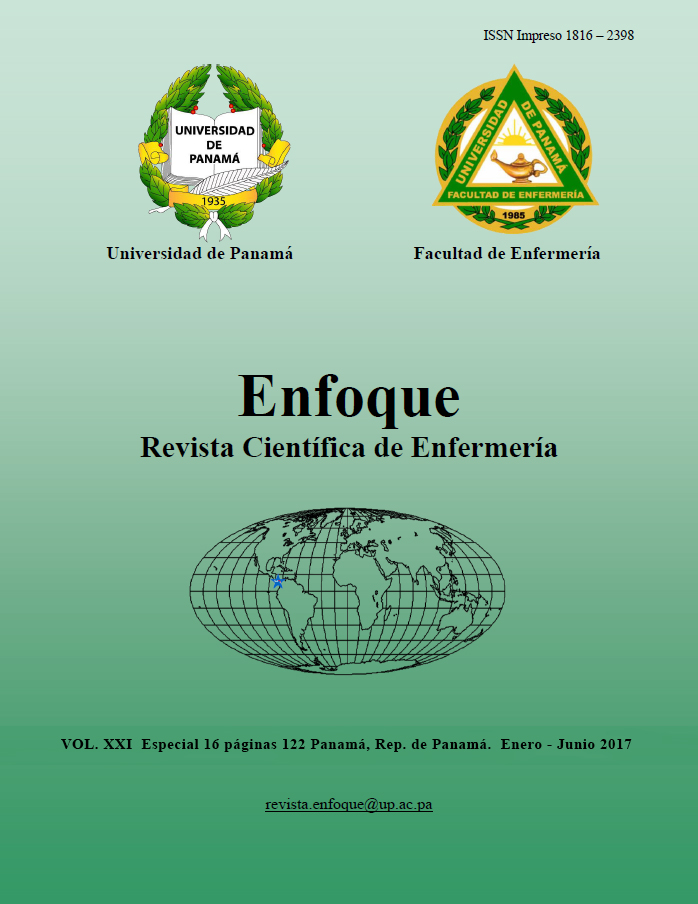

Objective: This study sought to understand the meaning of the patients' lived experience when facing all the changes resulting from the chronicity of heart failure from their perspective three years after the initial diagnosis.
Method: The study is framed in the qualitative paradigm. The design of hermeneutic-ontological phenomenology from Heidegger's philosophical perspective is used, along with Gadamer's hermeneutical circle to approach the participants' experience. The sample consisted of seven (7) participants, determined by saturation. In-depth semi-structured interviews were carried out where the participants narrated their experience of living with the phenomenon. For data analysis, the content analysis technique proposed by Cáceres (2003) was used. The findings were compared to Roy's Adaptation Model.
Results: The analysis of the findings allowed the development of five categories that encompasses the meaning of what living with the disease's chronicity represents after three years of its diagnosis.
Conclusion: The conceptual framework of this study allowed the introduction of two important concepts in the context of cardiovascular chronicity which are the concept of "reconstruction of daily life," which constitutes a goal for adapting to cardiovascular chronicity, and the concept of integrated adaptive health of the person in a situation of chronicity. The contribution of this research to the care practice is the reorientation of care to the adaptive care of the patient with heart failure to promote adaptation through the reconstruction of daily life.